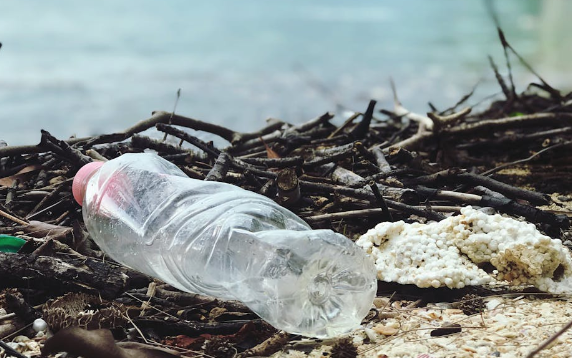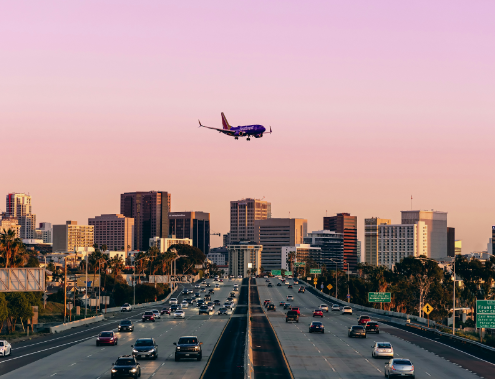We buy things and throw them away when we get tired of them. We eat things, but then there’s food left over, and we decide to throw it out. These are big factors that lead to overconsumption. Our planet is slowly degrading, with trash repeatedly found in oceans and stacked high in landfills. This is affecting the air that we are breathing and the food that we are consuming, as well as killing off certain species. Worst of all, it is destroying the planet that we all live on. As residents of planet Earth, we need to understand that this is not an issue that should be ignored.
What is overconsumption?
Overconsumption happens when humans consume and extract more resources than we need, like wood, fossil fuels, metal, etc., which we are already doing. Constantly consuming these resources leads to more extractions, and this is known to cause more pollution and waste, not to mention contributing to species dying off. Due to these resources being used up so fast by us as consumers, they are not able to grow fast enough to keep up with the demand. We as educated humans should know that these materials are not infinite.
The increase in global overconsumption:
Currently, on a global basis, overconsumption has been rapidly increasing over the past decade. This is because countries are extracting too many resources, especially rich countries, which extract 6 times more resources than poorer countries. Food also plays a big part in overconsumption, as meat consumption is unfortunately rising very rapidly. Let’s go back to 1961, when the average person only ate 51 pounds of meat each year. Can you believe that in the year 2021, the average person ate 94 pounds a year? Moreover, some of the meat consumers buy is purchased, but not eaten.
This brings me to the topic of food being wasted. Factories are always producing food for consumers, but lots of the food made is being thrown away, whether by the consumer or by the factory itself. Half of the planet’s food is wasted every year, and it is completely sad to think about. Adding to that, ¼ of the animals that are killed for food never even eaten. This is mostly because businesses and individuals throw leftovers away. 50% of meat is also lost during the production process in factories. In the current system of food production, it’s found that 1.3 billion tons of food is wasted each year.
Why are things being consumed so quickly?
There are many causes for why things are being consumed so quickly. One of the main things is advertising. Advertisements make people impulsively purchase more products online; sometimes, these things are used once or twice and never used again. As said before, wealthier countries consume 6 times more resources than low-income countries. Let’s consider North America. The average North American consumes 9 times as much as the average person in Africa.
How can we decrease overconsumption?
Decreasing overconsumption may not be easy, but we should consider changing our daily lives to start with small changes. It might not take immediate effect, but it is a good start. One thing businesses can do is to use sustainable energy like solar power rather than burning fossil fuels to generate energy. We as individuals should also take this seriously; we should start by not purchasing too many dairy or meat products because these foods are known to have higher emissions and impact. We should also start budgeting, and this will help us spend less money and make fewer impulse purchases. Also, consider bringing your own reusable bag or water bottle to reduce plastic waste. With your help, we can prevent increasing pollution, climate change, biodiversity loss, as well as water and air pollution.

(Photo by Catherine Sheila from Pexels: https://www.pexels.com/photo/close-up-photo-of-plastic-bottle-2409022/)
Sources:
https://sentientmedia.org/overconsumption/
https://www.healthyrich.co/p/avoid-overconsumption
https://friendsoftheearth.uk/consumption-natural-resources#:~:text=Overconsumption%20worse
ns%20climate%20breakdown%20and,health%20and%20quality%20of%20life.






